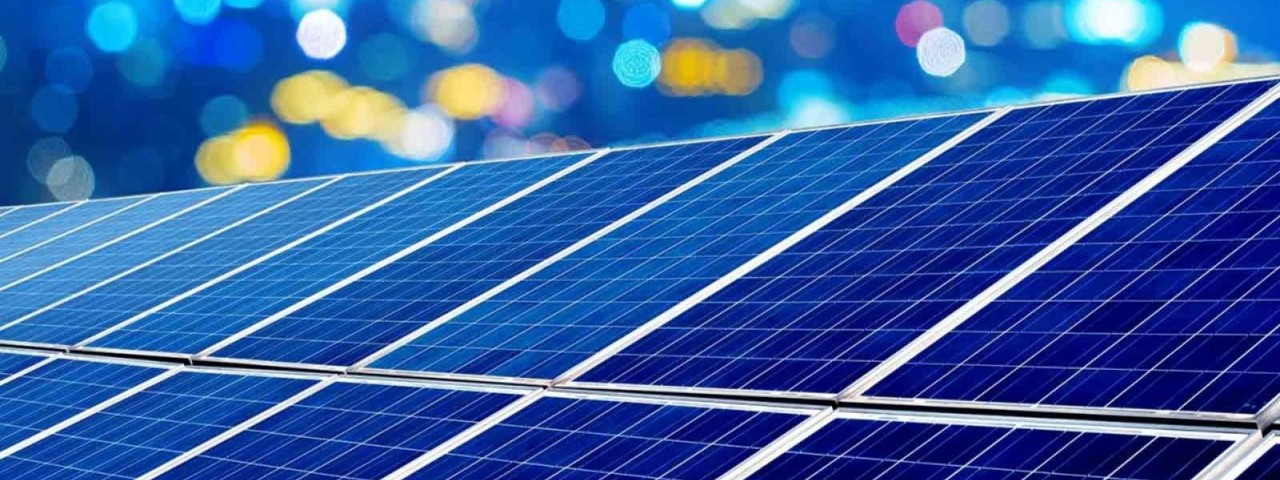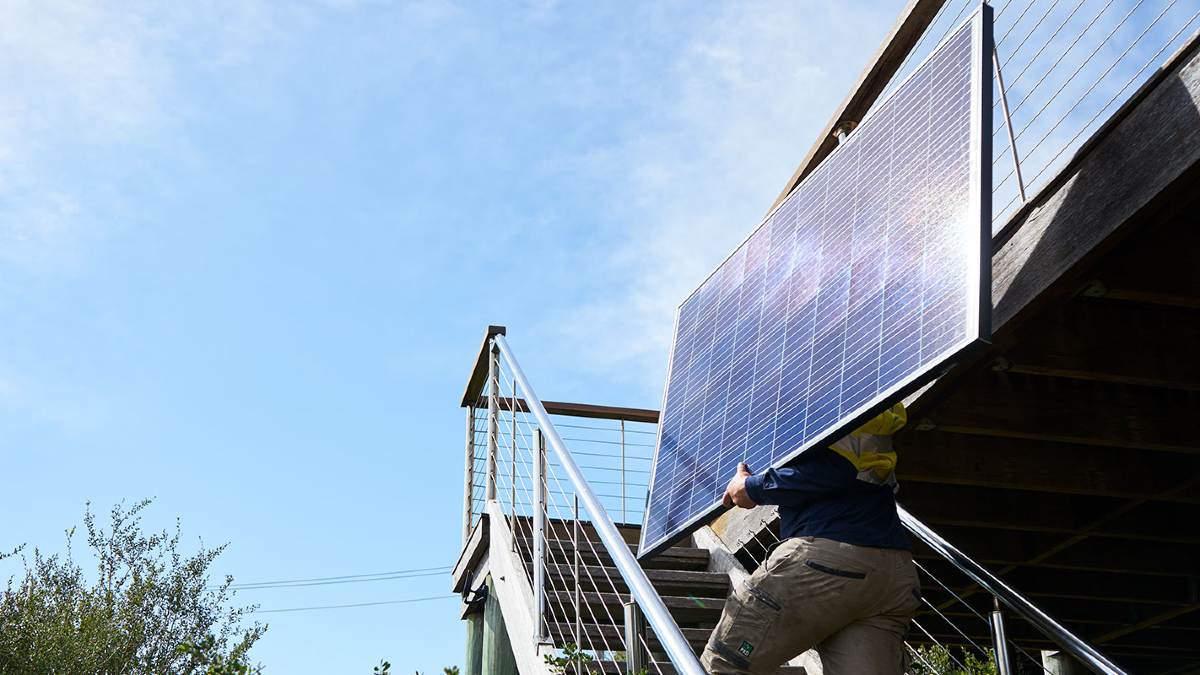Learn how Victorian households can reduce their bills and save money by installing smart home devices like lightbulbs, sprinklers and thermostats.
Debunking myths about solar power and solar panels

We bust nine common myths about rooftop solar power.
Over the last two years, Victorians have spent more time at home with a keen eye on their energy usage. With mounting power bills, there's never been a better time to consider solar power as a low-cost energy alternative. The renewable energy source is a popular way to power your home from a cleaner energy source and keep bills low.
But although Australia has the highest per-capita uptake of domestic rooftop solar in the world, persistent solar panel myths and misunderstandings remain. From the cost of solar panels to battery storage, we provide information on nine of the most common myths about solar power.
Nine solar power myths, debunked

There’s no point spending up big on a higher-output system if you don’t need it or can’t afford it. Image: Getty.

Solar panels shouldn’t damage your roof if they’re installed correctly using the right mounting system to suit your roofing material and type. Image: Getty.


